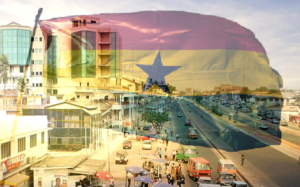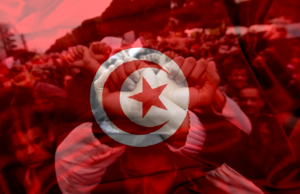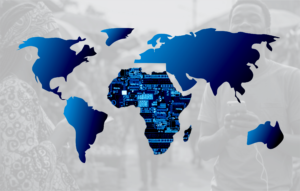Christians Faith Under Fire: China’s Underground Pastors Face Detention in a Sweeping Crackdown
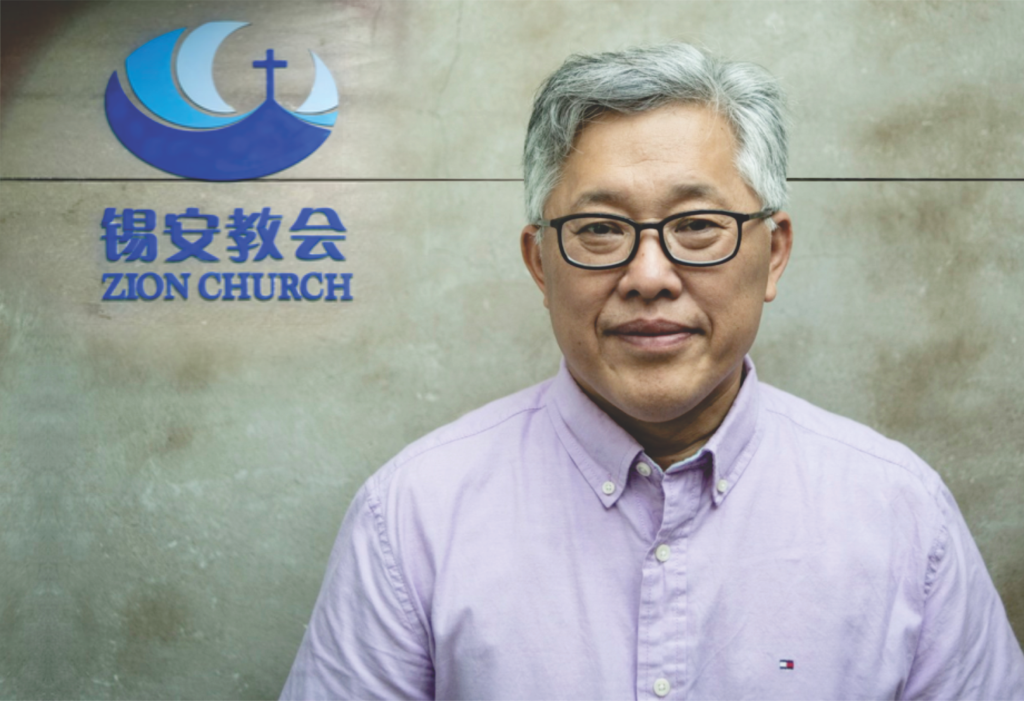
In Beihai-China, dozens of pastors belonging to one of China’s largest house-church movements were swept up in a sweeping-arrest crackdown over the weekend, exposing how tightly Beijing is moving to control religious devotion and faith communities beyond state control. At the center of the storm is Pastor Jin Mingri, popularly known as Ezra Jin. The founder of Zion Church, who was detained on Friday night in his home in Beihai.
Jin Mingri, 56, has long walked a difficult line. After training at seminary and rising through China’s evangelical movement, he founded Zion Church in Beijing in 2007, choosing to remain unaffiliated with state-sanctioned Protestant bodies.
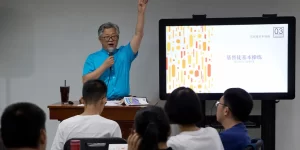
![]()
What made Zion Church unusual and increasingly so in congregation, and have attracted official scrutiny, was its explosive growth during and after the COVID-19 pandemic. With state churches restricted or shuttered, Zion expanded its reach through small in-person gatherings and online meetings, zoom sermons, chat groups and continuous livestreaming that brought-in thousands of members scattered across at least 40 cities.
Away from being a place or platform of worship to many followers, Zion church has been become a community or city of refuge, and in some ways a spiritual lifeline in a time when public life has often brought uncertainty. Grace Jin, Pastor Jin’s daughter, who is living in the United States, speaks of her father’s commitment that despite the risks, Jin would not leave his flock behind. “He felt that as a pastor he had to be with the flock,” she said.
On October 10-11, authorities arrested almost 30 pastors, preachers, and church members of Zion Church in cities including Beihai, Beijing, Shanghai, Zhejiang, Guangxi, Sichuan and Henan. Out those arrested, about 20 persons are still in detention.
The charge against Jin is illegal use of information networks. It is tied to the new rules from China’s religious affairs regulator, forbidding unauthorized online preaching or religious teaching by clergymen, as well as any claim of foreign influence or collusion. Supporters fear that the pastors may ultimately be indicted under charges of disseminating religious information illegally via the internet. This is a crime which could inflict seven years in prisonment.
There are also concerns for their welfare. Pastor Jin has previously been hospitalized for diabetes, and his family says he requires medication. Lawyers apparently have been denied access to many of the detainees, according to families and church representatives.
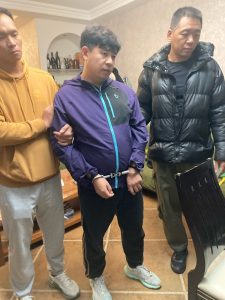
To understand the significance of this crackdown, one must see it in the light of Beijing’s recent policy shifts and its long-running efforts to bring religion under tighter ideological control.
- Sinicization: Under President Xi Jinping, the government has emphasized that religion must be reshaped to align with socialist values and the interests of the Communist Party. Independent or underground religious groups present a challenge to the state’s monopoly on moral and ideological authority.
- Online restrictions: The new Code of Conduct for Religious Clergy on the Internet explicitly limits preaching via livestreams, short videos, WeChat group chats or Moments, online teaching without state approval and bans what it sees as foreign collusion. These rules have increasingly criminalized what had previously been tolerated or loosely enforced.
- House church vs registered church: China officially recognizes certain religious institutions under state-approved umbrellas for Protestants, the Three-Self Patriotic Movement, etc. Churches that refuse registration often for theological, governance or independence reasons, have long operated under threat of harassment, closure, or worse. Zion Church falls into this latter category.
The human toll of repression is often lost in the policy debate, but for Zion Church, the consequences are very real. Grace Jin says she has not seen her father in six years. Her mother and siblings live abroad; Jin stayed behind partly to lead the church. When the Beijing church sanctuary was shut down in 2018, the family was already under surveillance and travel restrictions.
Other detained pastors had built congregations in kitchens, modest apartments, or even rented spaces. Places where worship could still be intimate, communal. Arrests mean homes searched, devices confiscated, voices silenced, etc. In respect to many lay members, faith has become an act of resistance, or at least of courage. And observers, both inside and outside China see this as one of the most serious suppressions of Christian house-church activity in years.
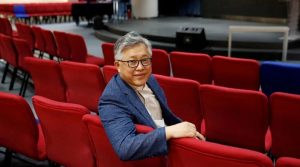
Possible consequences ahead:
- Formal charges and long sentences for some of the detained pastors. The legal framework now enables authorities to treat online religious dissemination outside state-approved channels as crime.
- Increased self-censorship and decline in visible religious gatherings, especially online; smaller churches may curtail outreach for fear of retaliation.
- International friction: Calls for release have come from foreign governments, human rights groups; the treatment of Zion Church and its leaders may become a sticking point in China’s relations with countries emphasizing religious freedom.
At its core, this is a story of tension between faith and authority, individual conscience and state control, what is public and private: between belonging to spiritual communities and to a nation or Party. Nonetheless, pastors like Jin and their congregations, worship is not a ritual but an absolute identity, community, meaning, life, trust and faith in Almighty God. On the side of the authorities, Beijing’s increasing independent religious activities, is viewed less as a private matter and more as a possible source of social unpredictability or even opposition.
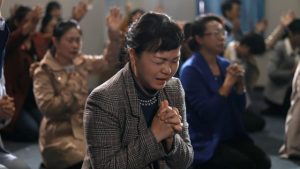
As China pursues its vision of unity and ideological coherence, the question facing many is how far the Party will go, and how extremely ordinary believers will be affected. In the gathering dusk of this crackdown, Zion Church is one among many whose fate will help define the future of religious expressions of trust and faith in the Almighty God, in China.





